Nvidia’s announcement of a planned $100 billion investment into OpenAI sent shockwaves through global markets. The AI chip giant’s stock skyrocketed, adding $177 billion to its market cap in a single day. The ripple effect also boosted crypto mining stocks, highlighting the intertwined nature of AI and blockchain industries.
However, the deal’s details remain vague. Nvidia has not provided a clear timeline for when the investment will materialize, leaving economists skeptical. Many compare it to vendor financing on an unprecedented scale, where good sentiment alone inflated Nvidia’s valuation. The staggering gap between promises and actual capital deployment has fueled debate about whether AI spending is creating a bubble.
AI capital expenditure has become the backbone of the U.S. economy, surpassing even consumer spending in growth impact. This concentration of economic momentum on a single sector is seen by some analysts as both powerful and dangerous. While the Nvidia–OpenAI deal bolsters confidence in AI innovation, critics warn that any slowdown in demand could trigger broader market instability.
The bullish momentum also reflects the U.S. race to maintain dominance against rising Chinese competitors in AI hardware and infrastructure. For now, investor optimism is driving record gains across AI and crypto-related industries. Yet, the reliance on speculative investment and vague projections underscores market fragility.
In essence, Nvidia’s OpenAI partnership highlights both the immense promise of artificial intelligence and the risks of over-concentration. While this announcement strengthens Nvidia’s position as a cornerstone of the AI economy, its long-term sustainability depends on tangible results rather than hype. If growth falters, the repercussions could extend far beyond tech, shaking the foundations of the U.S. economy.






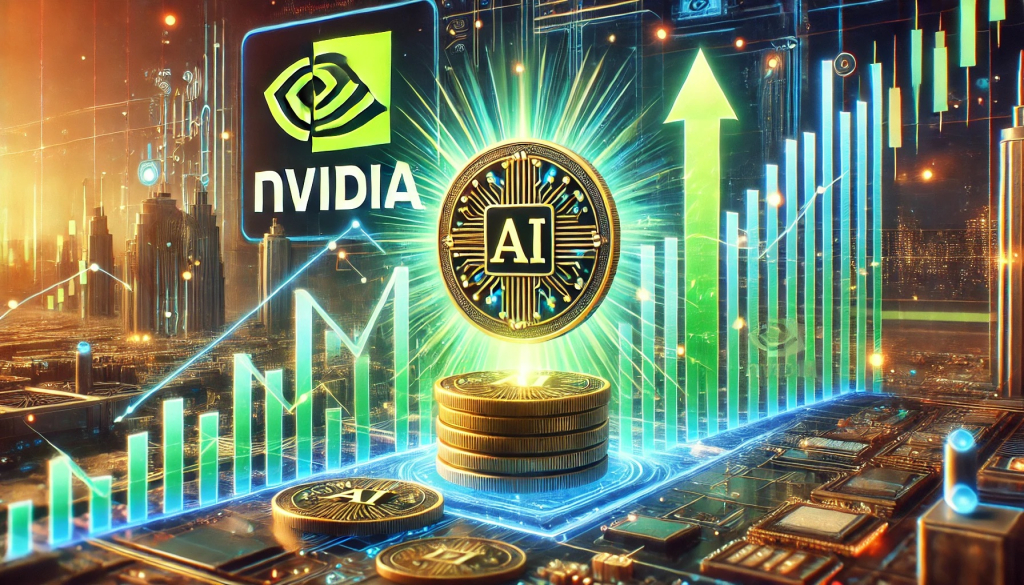


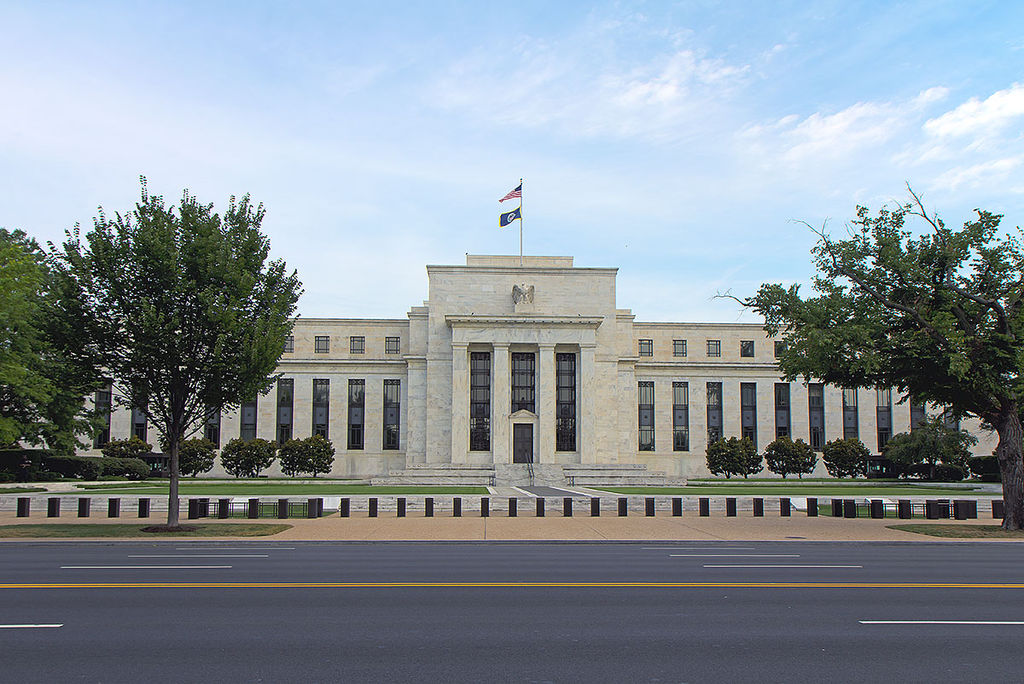



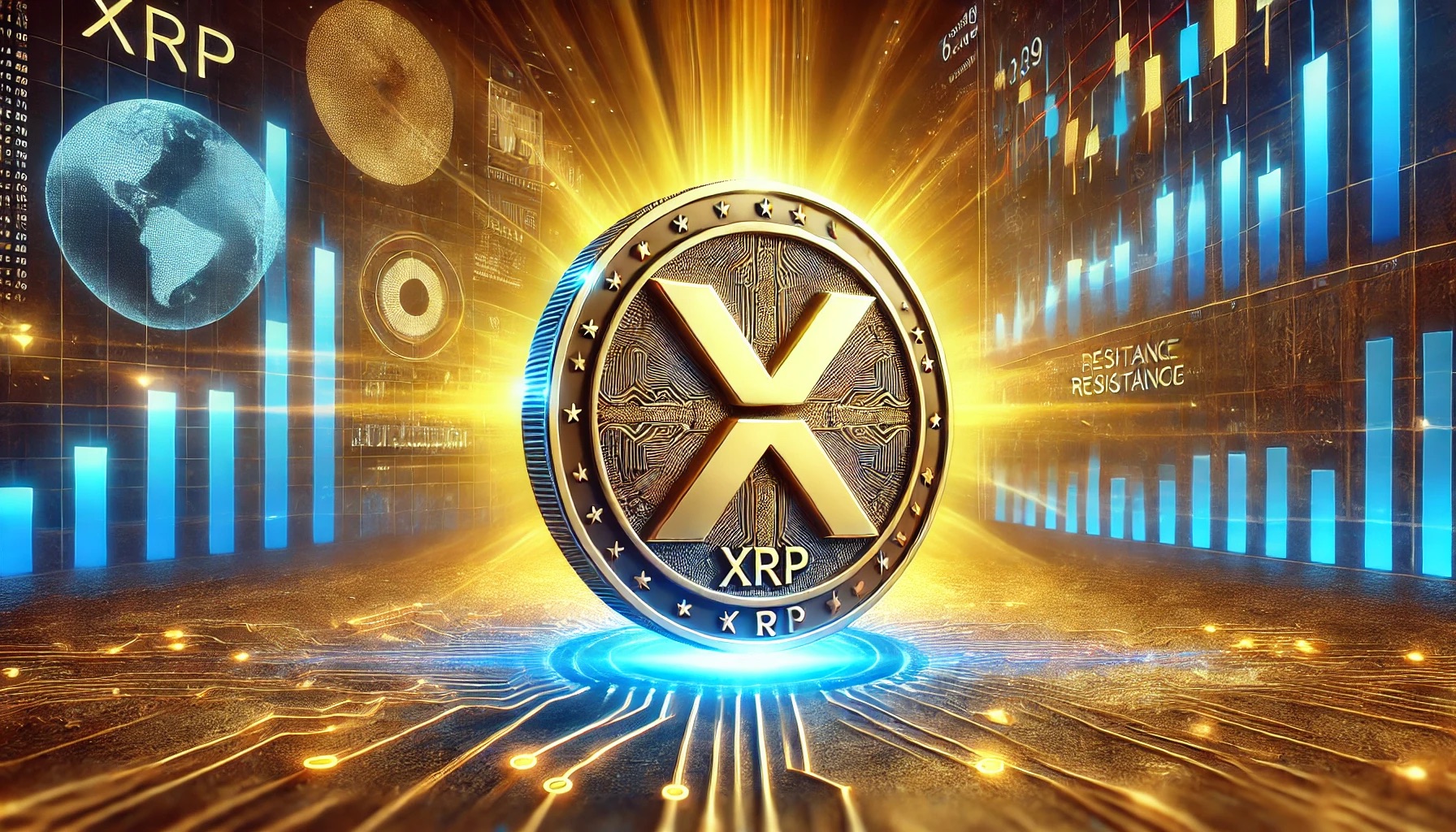




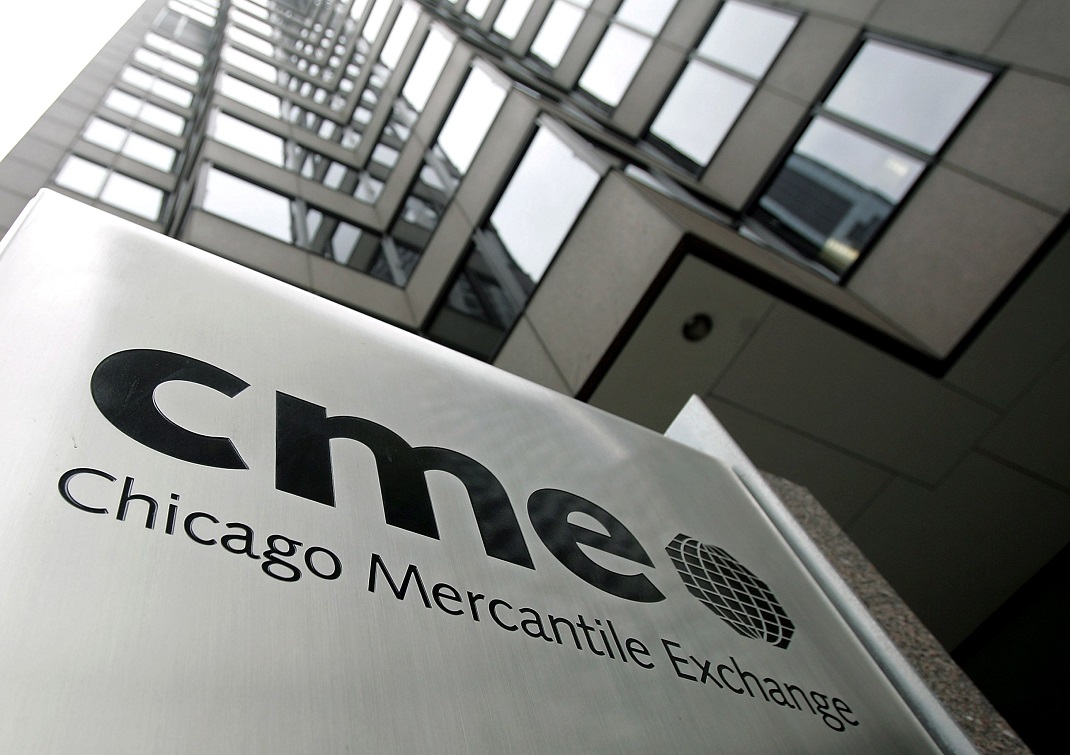


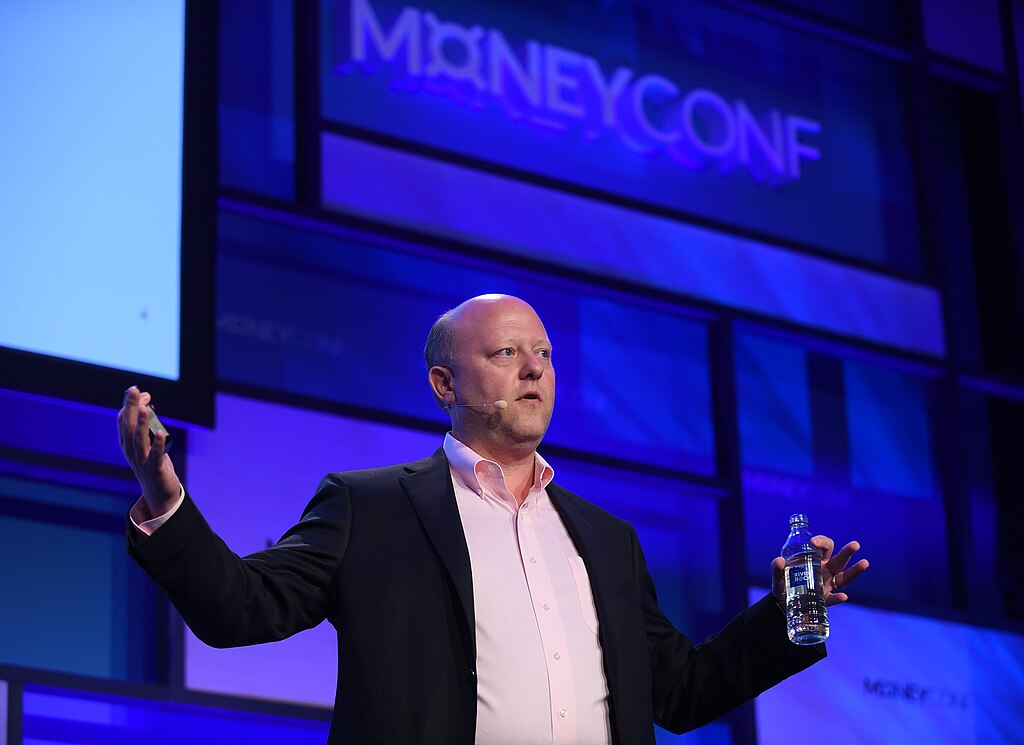

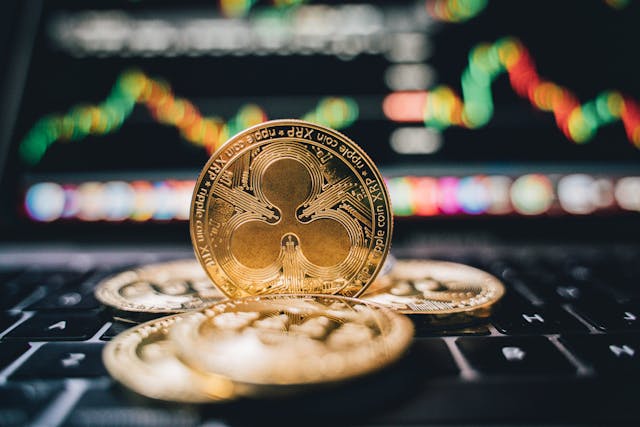

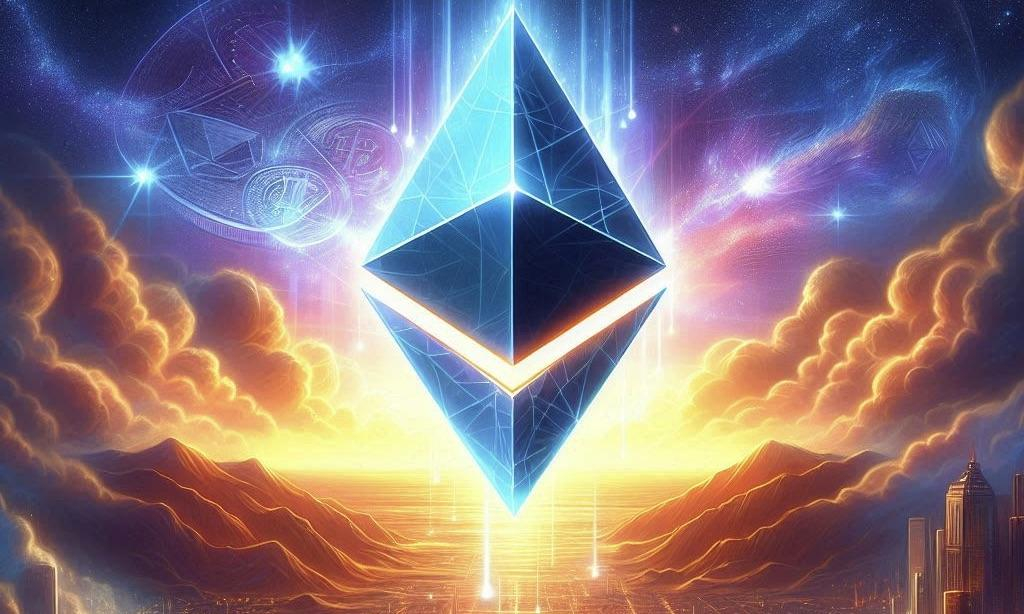


Comment 0